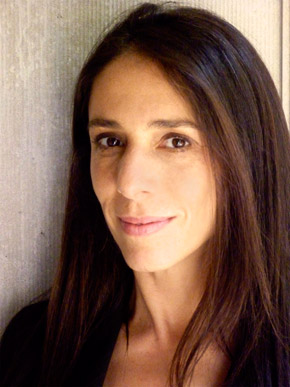God Has No Place on the Supreme Court
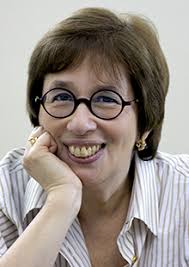
A timely and insightful piece by Linda Greenhouse appeared in the September 12 edition of the New York Times. Click on the link to read it. Ms. Greenhouse is a reliable commentator on church-state issues.

A timely and insightful piece by Linda Greenhouse appeared in the September 12 edition of the New York Times. Click on the link to read it. Ms. Greenhouse is a reliable commentator on church-state issues.
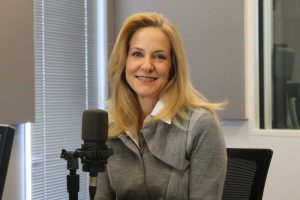 Our speaker this year was Representative Tracy McCreery, who talked with us about the status of critical church/state legislation, and our own experts on the bills gave us the latest news. We hope that we can do this in person in 2022.
Our speaker this year was Representative Tracy McCreery, who talked with us about the status of critical church/state legislation, and our own experts on the bills gave us the latest news. We hope that we can do this in person in 2022.
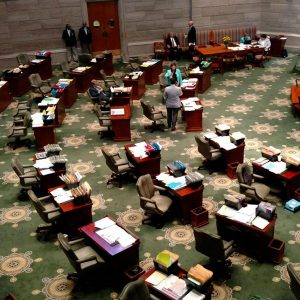 (Sponsor of this bill is [D]Senator Karla May)
(Sponsor of this bill is [D]Senator Karla May)
Dear Senator:
As an ordained Baptist Minister and an Attorney, I share my thoughts with the Education Committee in opposition to Senate Bill 323. Even under the guise of being an “elective” course this legislation presents a variety of problems. To start with the bill is clearly drafted from a “Christian” perspective. It does not originate from a perspective of “religious neutrality” and therefore fails to be accommodating of “diverse religious views, traditions, and perspectives of students” in public schools. This being the language provided in the bill. Furthermore, it appears the basis for the legislation is an ill-conceived and erroneous concept that American culture somehow flows from a Christian evangelical or fundamentalist biblical worldview.
The bill erroneously refers to the “Hebrew Scriptures” as the “Old Testament of the Bible.” A clear and exclusively “Christian” designation. The Hebrew Scriptures, i.e., Jewish Bible, has a name. It is not the “Old Testament”, only we Christians use that term. The Hebrew Scriptures are the Tanakh. This Christian labeling of these Scriptures provides the clear indication that the “elective” course is intended as one presented from a Christian, not a neutral perspective.
One must reasonably question how many social studies teachers (if any) possess the requisite education and training in Hebrew or Christian Scriptures to lead a class intended to instruct in “biblical content, characters, poetry, and narratives.” The couching of these concepts under the claim of being “prerequisites to understanding contemporary society and culture”, begs the question why such a course would only be an elective? It is difficult to see how that writings from 2,000 to 4,000 or more years ago from ancient middle eastern cultures provide a basis for understanding 21st Century American “literature, art, music, mores, oratory and public policy.”
As Biblical scholars understand, any attempt to study the content, characters, poetry, and narratives of the Christian Bible or the Tanakh, absent an understanding of the religious underpinnings of these aspects, is simply not good scholarship and instruction, and hardly qualifies as worth the time expended in such an effort.
All the suggested purposes for this legislation have been addressed throughout our nation’s history by the simple means of Jewish and Christian congregations through worship and the study of their respective scriptures. This continues to be the case, as week after week, synagogues, temples, and churches provide worship and learning opportunities for any who are interested. The legislation is quite simply an attempt under the subterfuge of authorizing an “elective” high school social studies course to move Christian faith, doctrine and teachings from the local church building into the public school. It is unnecessary, as there is virtually not a community in our state where interested high school students can not find a local Christian congregation to receive instruction in the Bible. Furthermore, the multitude of Internet sites from which students may research all aspects of Biblical teachings goes beyond the thousands.
For many of us who are people of faith, reducing the Christian Bible to simply a social studies class is demeaning not only to the Bible, but also to observant Christians.
I suggest there are much more important educational issues before the Missouri General Assembly in 2021, than attempting to turn public school class rooms into Sunday School classes. Christian religious instruction can and should be left to local churches, not to local public schools.
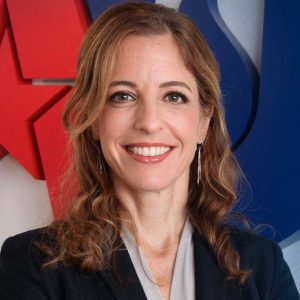 We were delighted to have a Zoom featuring AU’s Executive Director, Rachel Laser, for a post-election discussion, on November 18 . A new administration does not mean that church/state issues are likely to be less difficult than they have been for four years. Furthermore, there is likely to be mischief between now and Inauguration Day. Rachel and Legal Director Richard Katskee gave us a comprehensive summary of the current and near-future activities of AU.
We were delighted to have a Zoom featuring AU’s Executive Director, Rachel Laser, for a post-election discussion, on November 18 . A new administration does not mean that church/state issues are likely to be less difficult than they have been for four years. Furthermore, there is likely to be mischief between now and Inauguration Day. Rachel and Legal Director Richard Katskee gave us a comprehensive summary of the current and near-future activities of AU.
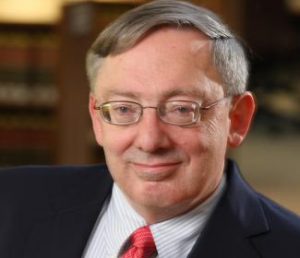 Douglas Laycock’s op-ed on this subject appeared in the Saturday, 10/10 NYT. Click here to read the essay.
Douglas Laycock’s op-ed on this subject appeared in the Saturday, 10/10 NYT. Click here to read the essay.
We couldn’t have our picnic planned for October 11, but we did enjoy a Zoom session with our planned speaker, Prof. Ken Warren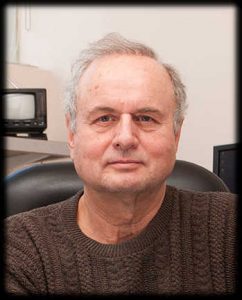
of SLU! Professor Warren is an internationally-renowned expert on political polling and was big hit at our 2019 picnic. We e-mailed all of our members within 50 miles for whom we had an email address, and sent postcards to those whom we could not contact electronically. We also invited all of our MeetUp group members to the virtual “picnic”. You can join the MeetUp Group at: (https://www.meetup.com/Americans-United-for-Separation-of-Church-and-State).
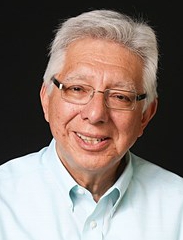 Long-time Board member Rudy Pulido’s Letter to the Editor was published in today’s St. Louis Post-Dispatch: “Some Churches Sadly Succumb to Lure of Federal Money”.
Long-time Board member Rudy Pulido’s Letter to the Editor was published in today’s St. Louis Post-Dispatch: “Some Churches Sadly Succumb to Lure of Federal Money”.
Regarding the editorial: “‘Small business’ relief funds went to wealthy churches, well-heeled lawyers.’ (July 7)”: A first-century argument broke out between religious leaders concerning the remarkable success of a fledgling religious group yet to be known as Christians. The attempt to suppress the new group was for a time halted by the words of a religious leader who said, and I paraphrase here: If the movement is from God, it cannot be stopped.
These words come to mind as I consider the millions of federal dollars that have made their way into churches through the Paycheck Protection Program. Rather than call church and staff members to sacrifice in order to continue ministries, churches that once held to the tenet of the separation of church and state succumbed to the temptation of accepting federal dollars these churches should be honest and inform members that some of their ministries are now made possible by the federal government, rather than God working in the lives of its members.
Rev. Rudy Pulido, St. Louis County
“The Demise of the Wall Between Church and State”, by Nelson Tebbe (Cornell Law School), Micah Schwarzman, and Richard Schragger (U. Virginia School of Law).
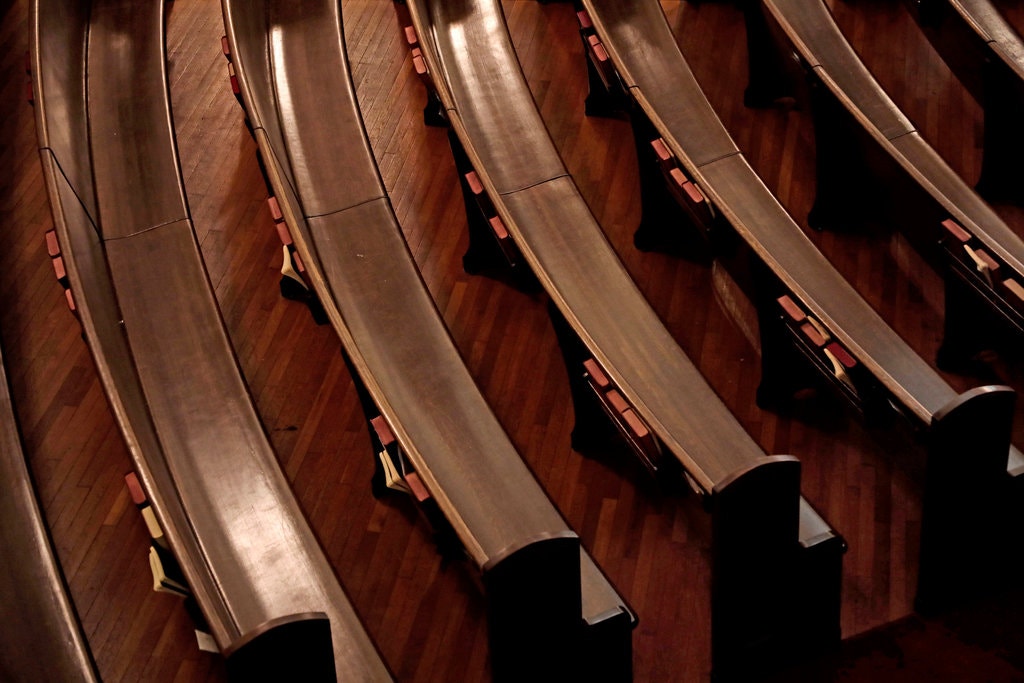
The County Libraries have cancelled all meetings in their facilities and so we didn’t have a place to meet. Furthermore, meetings as large as ours would be banned in the region, anyway. We instead met online in a super-secret ZOOM session. Our meetings are generally open to anyone, but there isn’t a way to do that at this time.
Ms. Stewart’s commentary in the Sunday, March 8 paper was titled “Don’t Let Trump Pay Back Evangelicals Like This”. The link is: https://www.nytimes.com/2020/03/06/opinion/sunday/trump-evangelicals.html.
